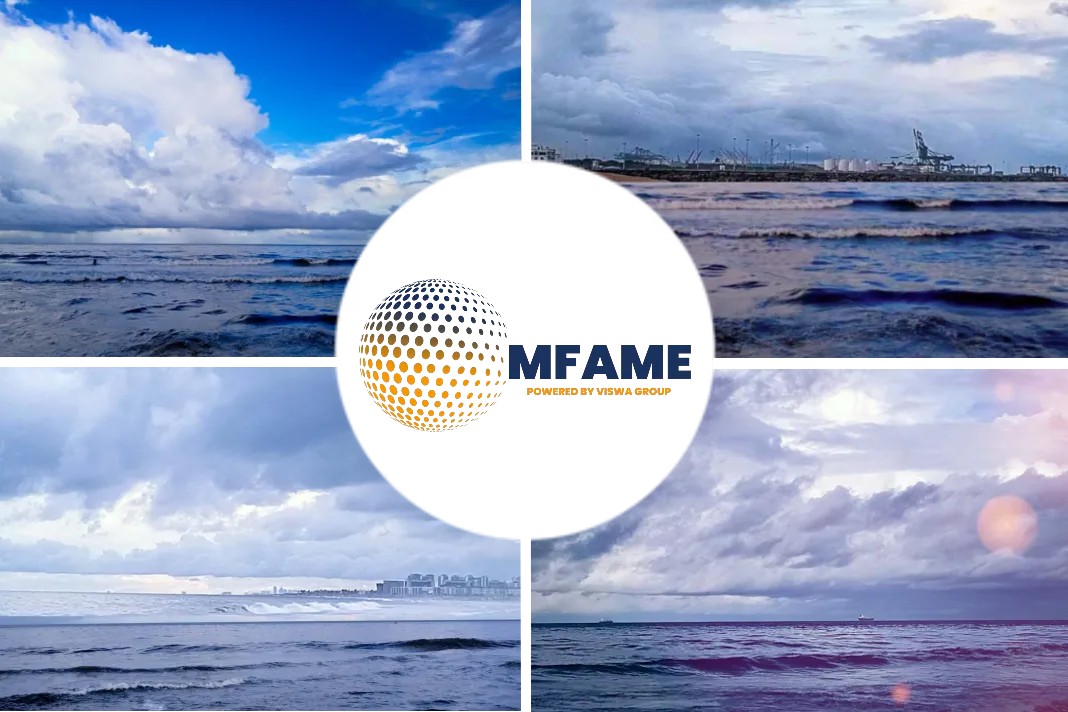
Lloyd’s Register (LR) has awarded approval in principle (AiP) to HD Hyundai Heavy Industries (HHI) and Korea Shipbuilding & Offshore Engineering (KSOE) for an ammonia floating storage regasification unit (FSRU), reports Riviera.
HHI’s ammonia FSRU
HHI’s ammonia FSRU is the first of its kind in South Korea. It will store liquefied ammonia transported from production areas and can perform regasification to supply to shipowners and operators.
FRSUs are seen as a viable alternative to meet the growing demand for liquefied gas storage and regasification being more affordable to operate than onshore plants.
The AiP follows a memorandum of understanding in December 2022 for a joint development project between LR, Korea National Oil Corp (KNOC), HHI and KSOE.
As part of the project to develop the ammonia FSRU, HHI performed the basic design of the unit while KSOE developed the key equipment for the regasification system and KNOC provided technical information on the construction of domestic clean ammonia acquisition and storage infrastructure projects.
HHI head of technology Seung-ho Jeon said, “We developed the first ammonia-FSRU in Korea based on HD Hyundai Heavy Industries differentiated FSRU technology. We will focus our capabilities on technology development so that we can lead the way.”
LR’s AiP follows several recent projects with HHI including an AiP for its new onboard guidance system, an AiP for two container ships equipped with measures for mitigating container loss at sea, and a software conformity assessment for HHI’s Hi-PIX digital twin, which predicts the structural integrity of an IMO Type B fuel tank.
LR northeast Asia president Sung-Gu Park, said, “The development of FSRUs that can respond flexibly to the operating environment in a situation where the marketability of ammonia is increasing is an important element in the industrial value chain.”
“This AiP achievement will greatly contribute to leading HD Hyundai’s ammonia-FSRU technology and Korea National Oil Corp’s ammonia business.”
The FSRU is part of South Korea’s wider efforts to boost its hydrogen industry by creating large-scale domestic demand in the transport, power generation and industrial sectors.
To raise its supply of high-mobility vehicles such as hydrogen buses and trucks, the country aims to produce 30,000 hydrogen commercial vehicles and build 70 liquid hydrogen-refuelling stations by 2030.
Major South Korean firms are involved in constructing an industrial pier equipped with large ammonia storage tanks and liquid cargo ship berthing facilities in Dangjin.
Did you subscribe to our daily Newsletter?
It’s Free! Click here to Subscribe
Source: Riviera















